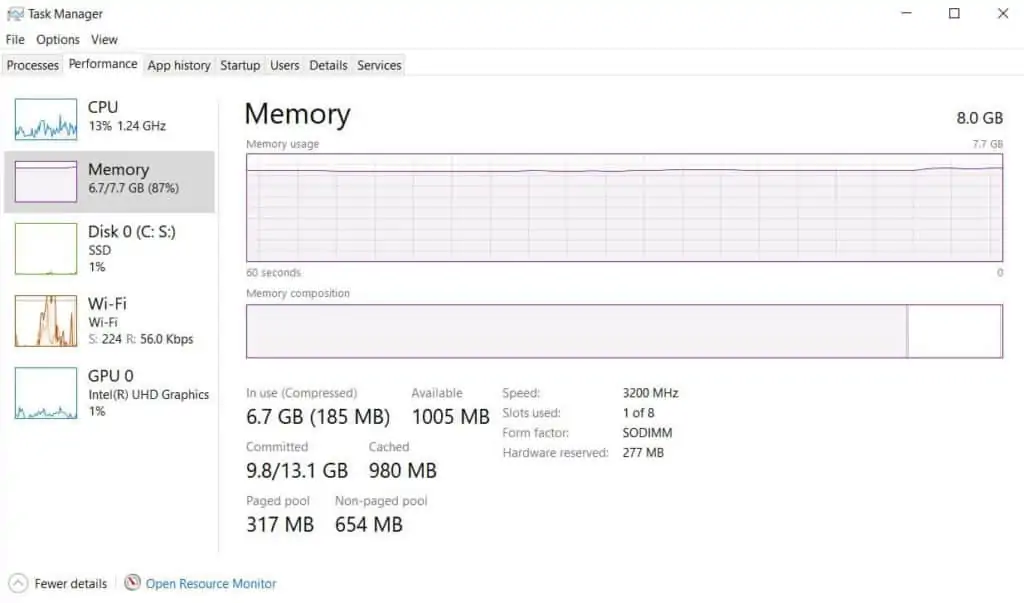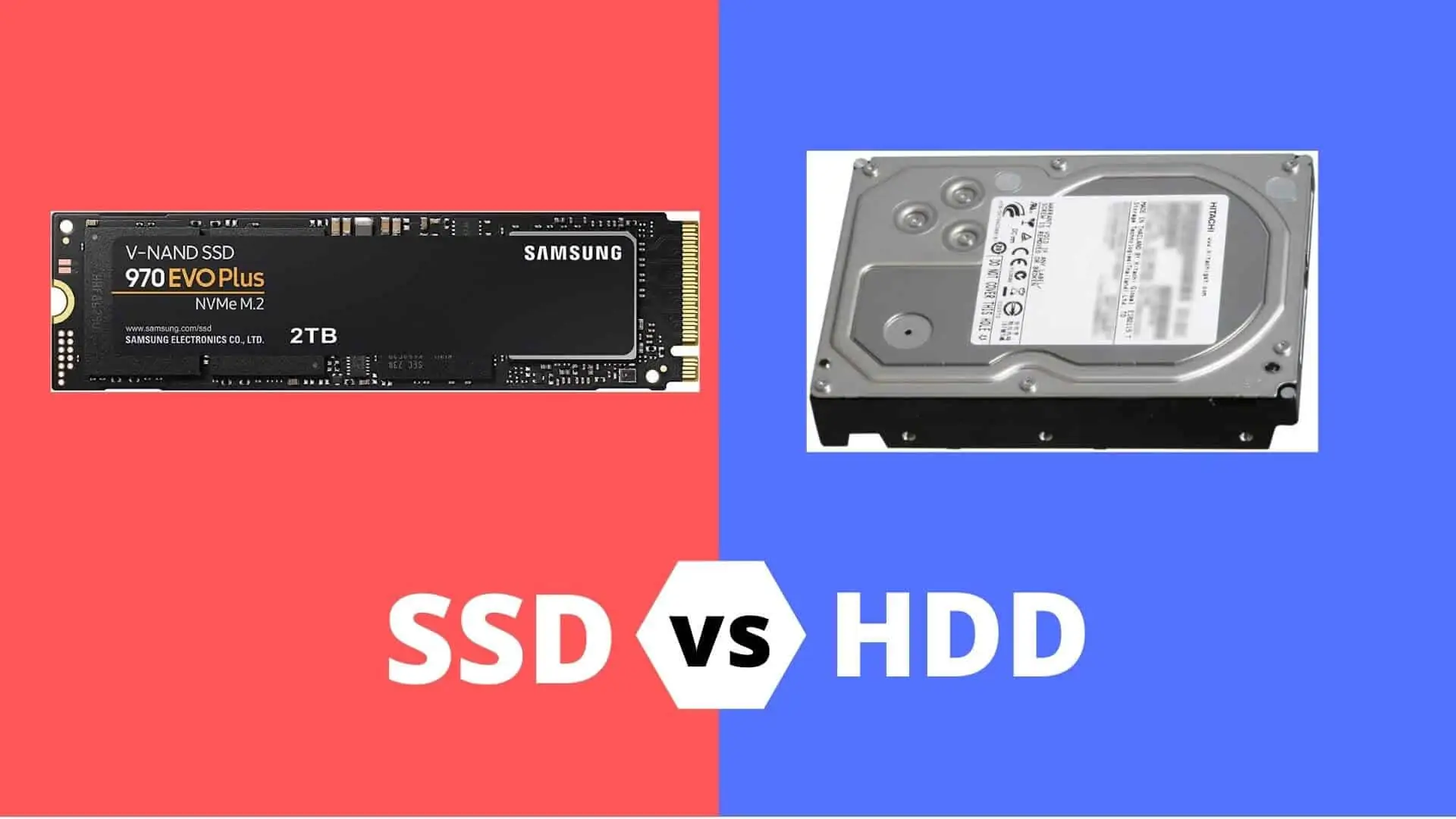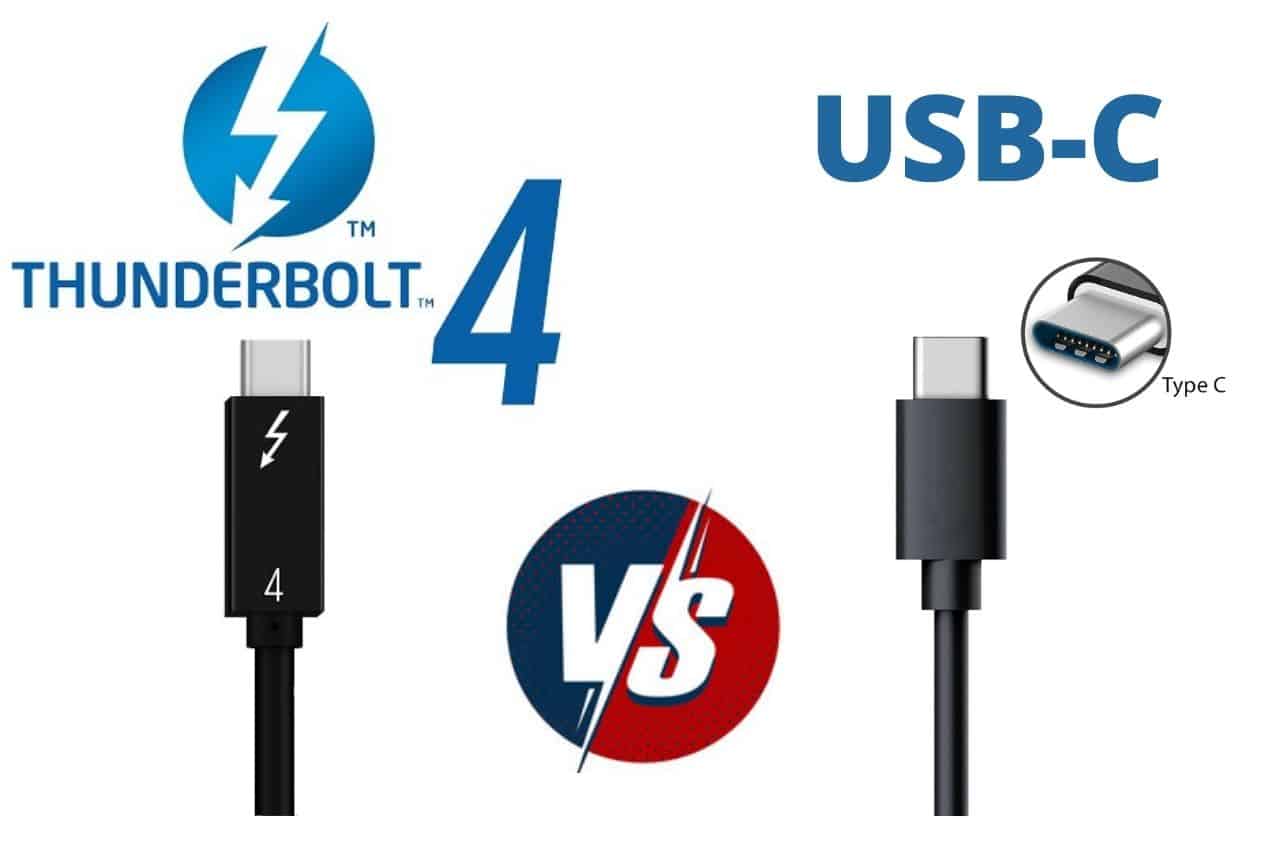Are you wondering whether to choose an SSD or HDD for your computer? You’re in the right place! Understanding the difference between these two storage options is crucial when buying a new laptop, PC, or external drive.
A few years ago, hard disk drives (HDDs) were the standard choice for storage, but technology has evolved. Now, solid-state drives (SSDs) have become the preferred option due to their speed, durability, and performance. Unlike HDDs, which rely on mechanical spinning disks, SSDs use memory chips similar to USB flash drives or SD cards, making them significantly faster.
In this article, we’ll compare SSDs and HDDs in detail, covering aspects like speed, price, durability, and overall performance. By the end, you’ll have a clear understanding of which one suits your needs best.
What is a Hard disk drive (HDD)
A hard drive is a non-volatile data storage device, sometimes compressed as a hard drive, HD, or HDD. It is usually installed in a laptop, inside the computer, and directly connected to the computer motherboard’s disk controller.
It contains one or more plates placed in an airtight enclosure. Data is written to the disk using a magnetic head, and the disk moves quickly on the disk as it rotates.
Hard disk drives are the most common data storage media in the world. For many years, we used 3.5-inch physical size hard drives in computers. Later in notebook computers, 2.5-inch physical size hard drives were usually used.
Over the years, hard drives have been found in every laptop and computer. Still, now the technology is better, and hard drives are slightly reduced.
According to this year’s standards, hard drives are the most economical way to store data locally. The price of storing data on hard drives is also very low.
Advantages of a Hard Disk drive (HDD)
Hard drives are reasonably priced due to their capacity. When you don’t need to access data daily, they are ideal for general-purpose archive storage devices. However, the HDD is limited speed as it spins on the disc to access the data.
The hard drive has a lot of advantages, as you can store large amounts of data for less money if you want to use HDD on each computer.
What is SSD storage?
Solid-state drives are a new generation of storage devices used in the latest laptops and computers, and SSD stands for solid-state drives.
In SSD, you won’t get moving parts like HDD; just like a circuit, all data is stored in non-volatile flash memory. No needles need to be moved to read or write data; they are much faster than SATA drives.
SSD will soon become the most popular product because it has more powerful features. If you compare it with HDD, it will also be speedy. It isn’t easy to find the speed of an SSD because it depends on the brand and manufacturing unit, but it is faster than HDD.
The price of SSD storage is very high because Crack has fewer opportunities, and it costs more to make it.
SSD drives range from approximately 128 GB to 2 TB, and the price is 2-4 times the price of a SATA hard drive of the same size due to performance, but it is worth it.
Because there are no moving parts, these drives are also more durable. They have a form factor specially built for laptops, making them ideal for storage on the go.
Nowadays, if you don’t have SSD storage, you don’t need to buy laptop desktops.
It is generally recommended to use SSD to load the operating system faster-run programs and high-performance files. Large amounts of data can still be stored and accessed well on rotating hard drives.
Advantages of a solid-state drive (SSD)
Let’s talk about the advantages of using SSD. You will get many benefits from SSD because it contains electronic components, which means there is less chance of being damaged. It uses low-latency flash memory (such as flash memory in cameras and smartphones), stores data in contiguous areas in the SSD chip, and uses (or erases and reuses) as needed.
SSD vs. HDD: Cost
If we talk about the price of SSD, before they are expensive, but now it is slowly falling. If you compare it with SSD, ordinary HDD storage costs are meager.
The price of external storage is slightly higher. The internal storage cost is lower, so please buy whatever you need. We have given some price estimates; you can check the price online or offline; the price will be nearby.
| Capacity | SSD Price Range | HDD Price Range |
| 256GB | $20 – $40 | $15 – $30 |
| 512GB | $40 – $80 | $20 – $50 |
| 1TB | $80 – $150 | $30 – $70 |
| 2TB | $150 – $300 | $60 – $120 |
| 4TB | $300 – $600 | $80 – $150 |
| 8TB | $600 – $1,200 | $150 – $300 |
The final difference is that ordinary HDDs are cheaper, while solid-state drives (SSDs) are more expensive.
SSD vs. HDD: Size
SSD is small and lightweight, but HDD is more significant and considerable. Due to the more compact structure, the SSD’s size and weight are much smaller than the HDD of the same capacity.
Its business cards are smaller than ordinary business cards. Yet, they weigh very little, so you can carry terabytes of data in your pocket, making this device an ideal partner for someone on the go.
HDD vs. SSD: Storage Capacity
If you are looking for excellent storage space equipment at a low price, HDD will have an advantage. General-purpose hard drives have a wide range of capacities, ranging from 128GB to 8TB. If you want to buy something more extensive than this, you can easily buy it online or offline.
SSDs can also use various capacities and huge storage space. Still, an SSD with a given power is much more expensive than an HDD of almost the same capacity. The solid-state drive capacity ranges from 64GB to 2TB and is readily available. If you want to buy something more extensive than this soon, you can easily buy it online or offline.
Therefore, when your primary motivation is to store large amounts of data at a low cost, hard drives are a better choice than SSDs.
SSD vs HDD: Performance

There is a lot of difference between SSD and HDD. The performance difference will be immediately apparent if you move from HDD storage to SSD storage. While booting from an SSD can be completed in a few seconds, far less than an HDD. Using a traditional hard drive, a Windows computer may take several minutes to boot.
All operations performed with SSD are faster than with HDD. It is worth noting that: read files, save files, start applications, and more processes.
SSD is more expensive than HDD. The point is that there is no competition between SSD and HDD because SSD is much faster than HDD. Also, even if the hard disk drive is full, SSDs will not slow down over time as HDDs.
SSD vs. HDD: Battery Life
Comparing a solid-state drive (SSD) with an ordinary HDD is the most efficient. Since SSDs are made of electronic circuits and are more than hard drives, SSDs follow power efficiency.
Generally, if there is any storage device, the storage device will not affect the portable computer’s battery life. Battery life depends on power, processing capacity, display size, etc.
Durability & Reliability
You think SSD is much better than any hard disk and that it is entirely correct. However, another situation arises regarding SSDs and HDDs’ service life.
The durability and reliability of any storage drive depend on many factors, such as the amount of data written over time, how the drive is used, environmental conditions, and the drive’s life.
A general-purpose SSD is more durable than an HDD because no one can rotate the SSD, which can also be used in harsh conditions.
In addition, environmental conditions and the life of the SSD also determine the driver’s life. Factors such as temperature and humidity can affect these drives. Humidity will cause the metal inside the drive to oxidize. People think the data stored in these drives will always exist, which needs to be corrected.
The data stored on the hard disk drive will be degraded, and the data on the solid-state hard drive will also be impaired because the solid-state drive stores the data as electric charges and leaks over time.
The work of the SSD will cause the battery to wear out, gradually reducing its performance until the drive is ejected. Therefore, even if you trap HDDs in bulky storage space and need to defragment them, they will usually last longer if you plan to use the same hardware for several years.
SSD vs. HDD: Security
The SSDs and HDDs are based on software-based encryption, even if both storage devices have secure passwords. In an SSD, When data is written to the disc, an algorithm encrypts it, and when it is read, it decrypts it. This function is simple and cheap, but the password is vulnerable to storage system hackers.
Software-based encryption also puts a burden on processor resources. The need for encryption managed by encryption processors has been successful. The encryption device is located in the chip or microprocessor of the SSD and HDD.
Frequently Asked Questions
Q1. Which one should we choose?
Which storage driver to buy depends on your dependence because you think which drive is the best; if budget access has arrived, you can live this life because the SSD is speedy and may be damaged. If we talk about hard drives, there are fewer of them, and you will get many students at a low price.
Let me tell you a better choice if you have a little SSD on your laptop or PC hard drive. If you install the operating system in a solid-state drive, your system needs a short period.
The SSD will start your system, and the hard disk will store your data, such as images, audio, and video files. This option software activity will run at the fastest speed and pass through at the fastest speed.
Q2. Should I buy a dual-storage laptop or computer?
All laptop and computer manufacturers have introduced laptops and computers with HDD and SSD. So, is it reasonable to install SSD and hard disk in laptops and computers? Buying at least the 128GB SSD with the HDD would be best.
The capacity of SSD is expanded than that of ordinary HDD, so you can easily store data in HDD and install bias in SSD. You can choose SSD-only laptops and computers if you have more money.
Q3. Is a 256GB SSD better than a 1TB hard drive?
Not, It depends on some specific situation.
SSD boosts any laptop or computer booting speed, and it takes very little time to go to the shutdown or sleep mode.
If your laptop’s operating system starts on Primary Storage SSD, 256GB SSD will be a better option than a 1TB HDD.
But if you want to store big data for a long time and do not have enough budget, then the hard dicks will have a better option because the price of SSD is very high, and the data can be started for many years.
HDD will be better in this condition than the Solid State Drive.
Before buying a laptop or computer, we always recommend keeping the SSD as the primary storage, and secondary storage take the HDD or other types.
Final Words
Choosing between an SSD and an HDD depends on your specific needs. If you’re looking for affordable storage with high capacity, HDDs are still a good choice. However, if speed and performance are your top priorities, an SSD is the best choice—especially for gaming, video editing, and professional tasks.
Most modern laptops and desktops now come with SSDs, and some even offer a combination of SSD and HDD for a better balance of performance and storage. If you are planning to buy a new device, it is recommended that you invest in an SSD for the operating system and use an HDD for additional storage.
Ultimately, SSDs represent the future of storage, but for budget-conscious users, HDDs still have their place. Make an informed choice based on what’s most important to you: speed, price, or storage space.
References:
- Western Digital – Hard Drive vs. Solid State Drive Comparison
- Seagate – SSD vs. HDD: Choosing the Right Storage
- Intel – Advantages of SSD Over HDD
- Crucial – How SSDs Work and Their Benefits




